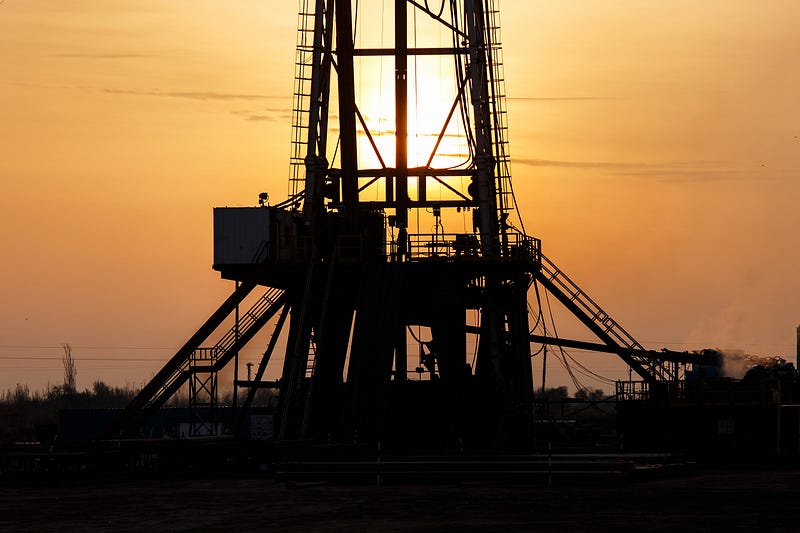A Discussion of “Does Information Break the Political Resource Curse? Experimental Evidence from Mozambique” It seems logical that a country with no resources would be poor, so it seems puzzling when a country rich in resources is poor. However, Armand, Coutts, et al. (2020) note the Resource Curse, defined as…

We Could Do Better If We Tried!
A Discussion of “Measuring Success in Education: The Role of Effort on the Test Itself” US students tend to score lower than we Americans would like on international tests. For example, on the 2012 Programme for International Student Assessment (PISA) that was taken in 65 countries around the world including…

Start School Later, See Scores Rise?
A Discussion of “Snooze or Lose: High School Start Times and Academic Achievement” Or maybe not. But it still could be a good idea, according to some research by Groen and Pabilonia (2019). The basic idea of moving the start time of high schools later comes down to two connected…

Status Seeking Competition Created Gender Gap
A Discussion of “Social-status ranking: a hidden channel to gender inequality under competition” Reports women earn less than men is not what this story is about. Arguing about that statistic, the role of selectivity bias, and the presence of proper controls is not the point of this study although its…

Our Future Growth Depends on Who Wins the Culture Wars
A Discussion of “Which Dimensions of Culture Matter for Long-Run Growth?” For the past few semesters, I have been using Barry Clark’s “The Evolution of Economic Systems” in my MBA global economy classes. I like how it is comparing economic systems across countries, not just economies. An economic system consists of…

More Robots Mean More Riots?
A Discussion of “Rage Against the Machines: Labor-Saving Technology and Unrest in Industrializing England” “Machines are going to take all the jobs,” is a sentiment I hear and read often. As an economist, I know this is not true. There will be disruption. Some jobs will be lost. Some jobs…

Superstar Firms Causing Concentration of Market Power
A Discussion of “Concentrating on the Fall of the Labor Share” For much of the 20th century, economists marveled at the stability of labor’s share of national income. Labor’s share of national income is the total dollar amount paid out in wages, salaries, and benefits as a percentage of GDP,…

Increasing Market Power Leading to Increasing Inequality
A Discussion of “Market Power, Inequality, and Financial Instability” Two economists from the Federal Reserve have put out a paper that is exactly what I think economics should look like. What do I mean? Cairo and Sim (2020) identify six problematic trends in our macro economy since 1980, trying to…

Should You Buy Fair Trade Coffee?
A Discussion of “The Economics of Fair Trade” Fair Trade is a movement to ensure producers receive higher prices for their goods, not only for coffee, but that may be the best-known example. Dragusanu, Giovannucci, and Nunn (2014) explore the Fair Trade coffee market to see if it achieves its goals:…

Do Economists Go Too Far Arguing for Free Trade?
A Discussion of “Deconstructing the Argument for Free Trade” “If all the economists were laid end to end, they still would not reach a conclusion.” “What happens when you get 10 economists in a room? You get 11 opinions.” Or the old story of President Truman wishing for a one-armed…

